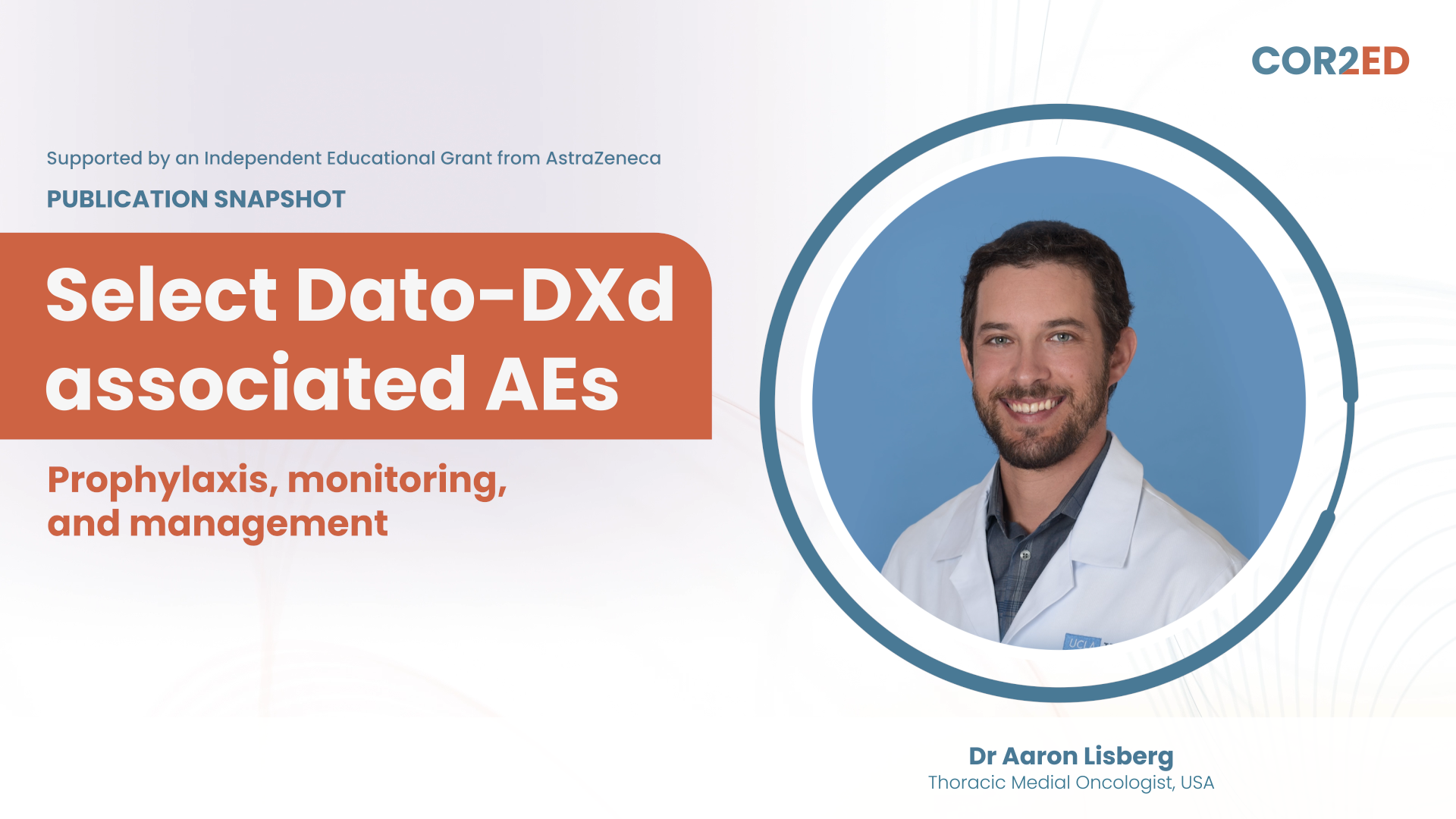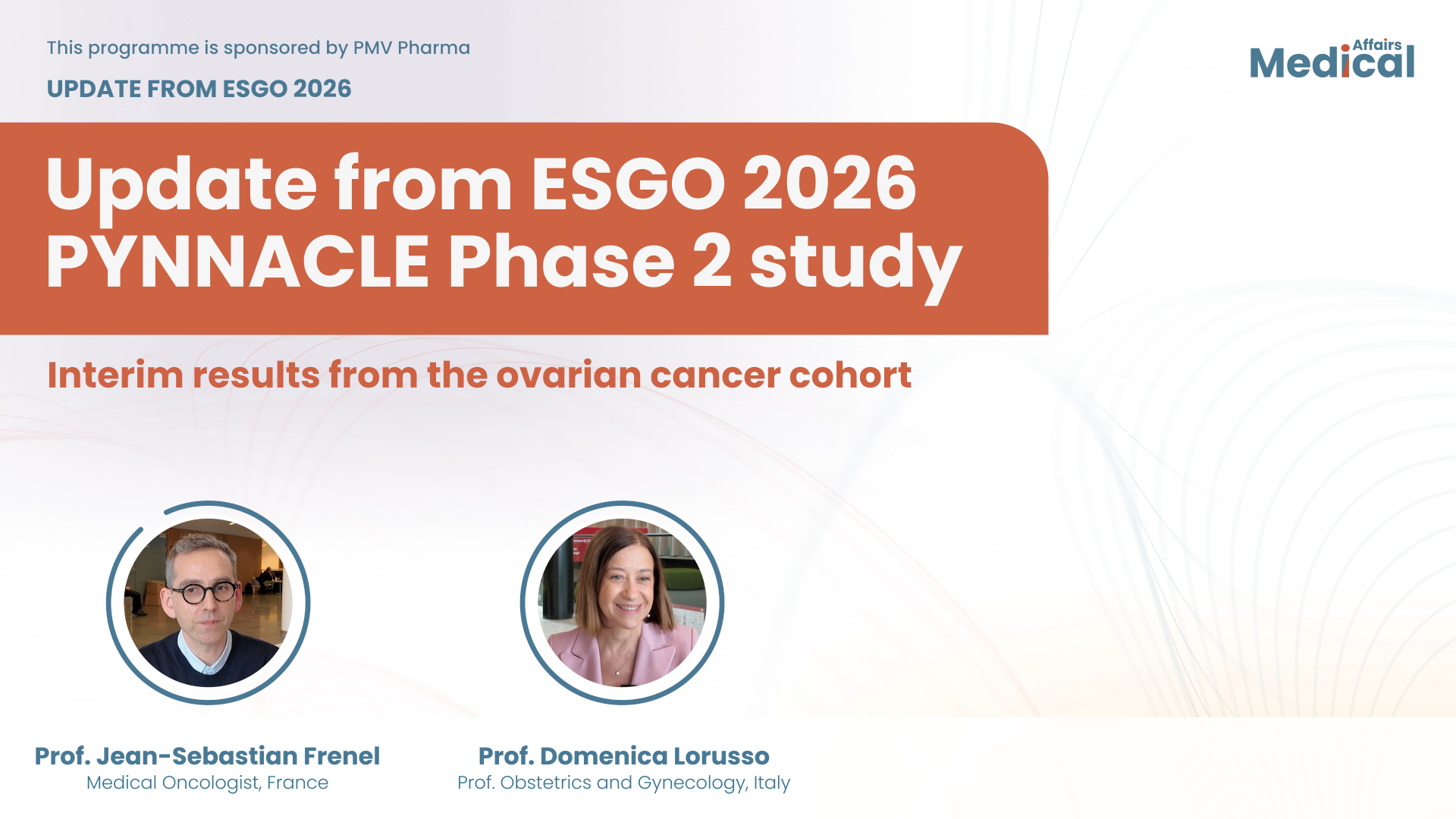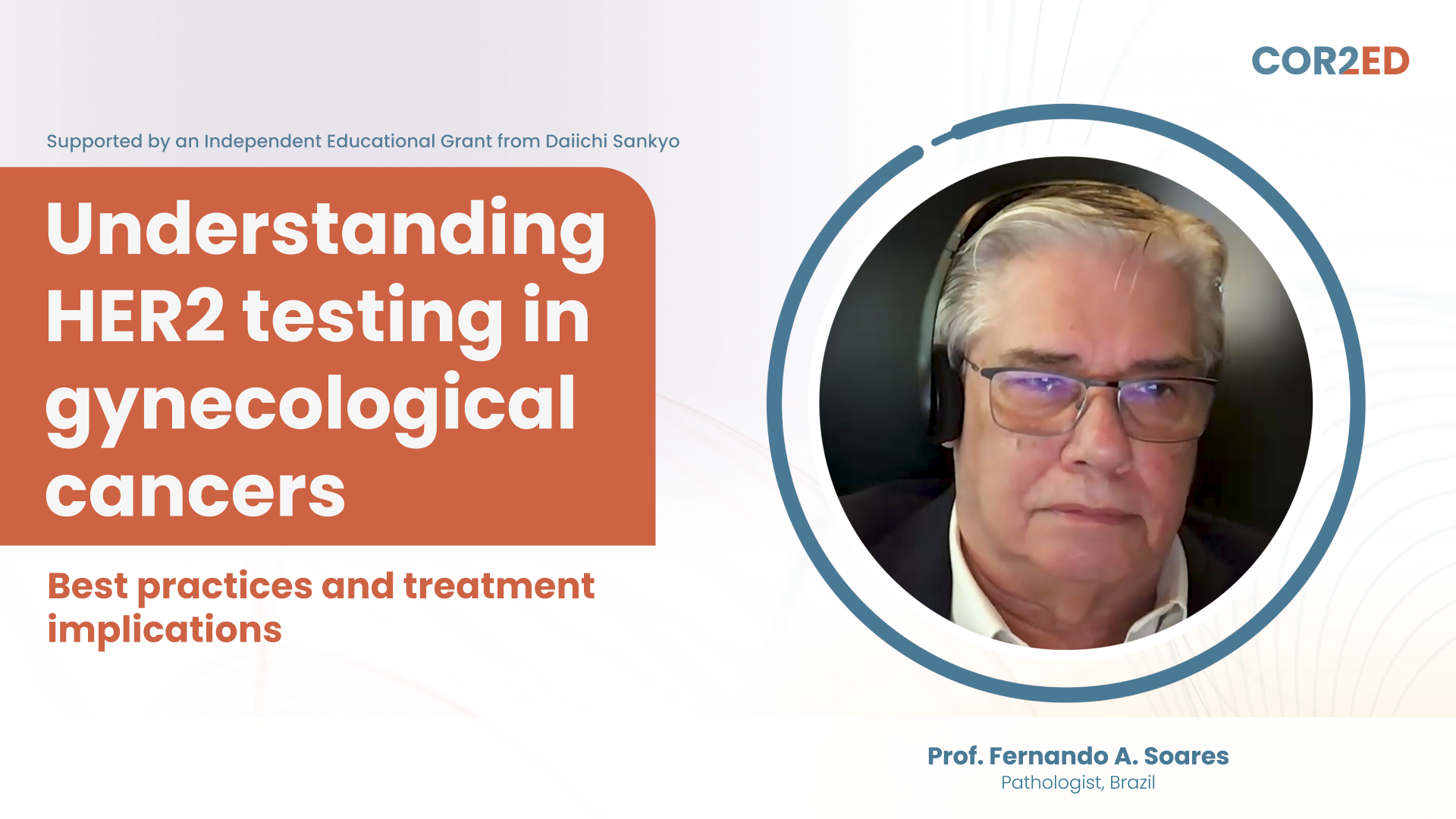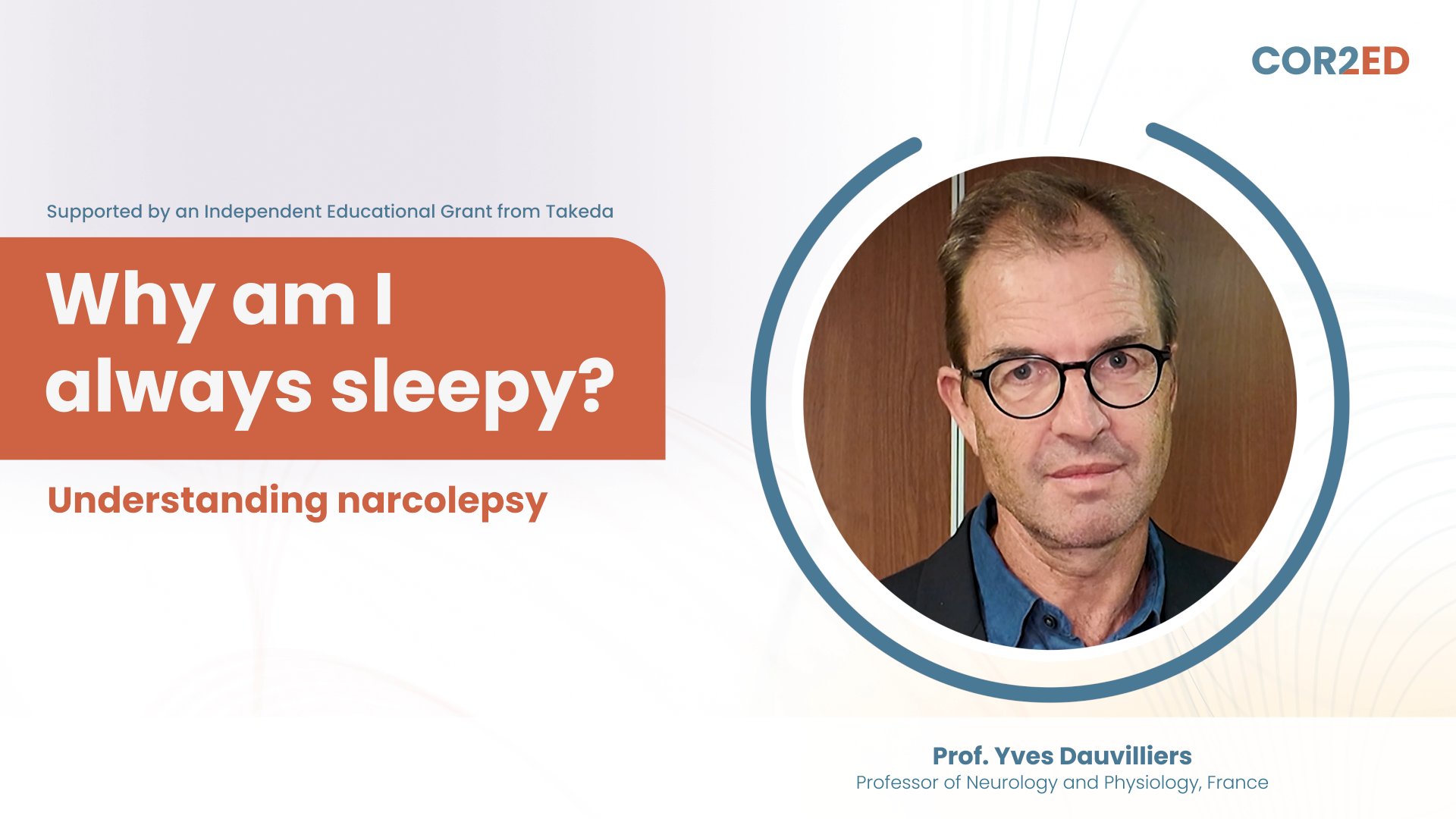Targeting NTRK gene fusions on the ESMO OncologyPRO portal as a key resource relating to the detection and management of TRK fusion-positive cancer.
Targeting NTRK gene fusions
Prof. Andrea Sartore-Bianchi (medical oncologist), Assoc. Prof. Gerald Prager (medical oncologist), Dr Jaclyn Hechtman (molecular and surgical pathologist) and Prof. Fernando Lopez-Ríos (molecular and surgical pathologist) developed this educational resource. With over 50,000 visits in 2 years, healthcare professionals continue to value the diagnostic and treatment guidance provided.
This resource aims to:
- Explore the importance of TRK fusion proteins as a therapeutic target and understand the clinical use of TRK inhibitors.
- Explain the mechanisms behind TRK fusion-driven tumour biology.
- Provide an overview of the different techniques used for NTRK gene fusion testing.
- Provide recommendations on testing for TRK fusion proteins
These topics are addressed over two modules. Module 1 provides an overview of cancers with NTRK gene fusions and their testing. Available treatments and those under development that target these fusions are also discussed. Module 2 provides an overview of how testing for NTRK gene fusions allows for the identification of patients who may benefit from TRK inhibitor therapy. The range of NTRK gene fusion testing methodologies available are reviewed.
COR2ED have donated this content to ESMO to ensure that the practical guide reflects today's best clinical practice in detecting and treating TRK fusion-positive cancer.









 Downloadable
Downloadable  3 MIN
3 MIN
 Mar 2026
Mar 2026 






